Introduction to the Legality of VPNs
A Virtual Private Network (VPN) is a technology that helps you connect to the internet via a secure and encrypted connection. The legality of VPNs is a complex issue and can vary greatly depending on the country you are in. In some countries, the use of VPNs is completely legal and unrestricted, while in others, its use may be heavily restricted or even illegal.
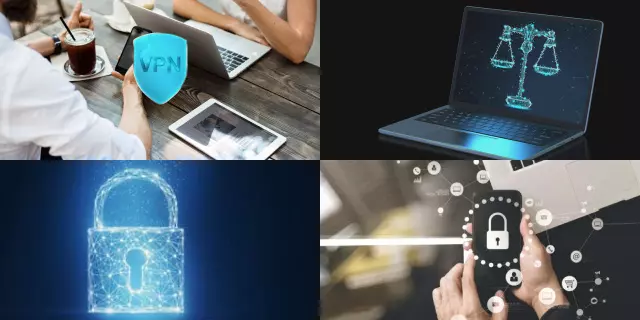
Before using a VPN, it is important to understand the laws and regulations surrounding VPN usage in your country. Additionally, it is crucial to choose a reputable VPN provider that operates within legal boundaries and has a strong commitment to user privacy. By carefully researching and understanding the legality of VPNs, you can help protect yourself from potential legal consequences and ensure a secure and private online experience.
What is a VPN and How Does it Work?
A VPN, or Virtual Private Network, is a technology that allows users to establish a secure and encrypted connection over the internet. This connection acts as a secure “VPN tunnel” between a user’s device and the internet, protecting sensitive information like login credentials and personal data from prying eyes.
The VPN works by routing a user’s internet traffic through a server located in a different location.
It masks their true IP address, making it appear as if they are located somewhere else.
This allows users to:
- Access geo-restricted content.
- Secure their internet connection while on public Wi-Fi.
- Maintain their privacy and anonymity online.
The Legality of VPNs in Different Countries
The legality of VPNs varies greatly among different countries. In some countries, such as the United States and the United Kingdom, VPNs are legal and widely used. However, in other countries, such as China and Russia, the use of VPNs is heavily restricted and may even be illegal.
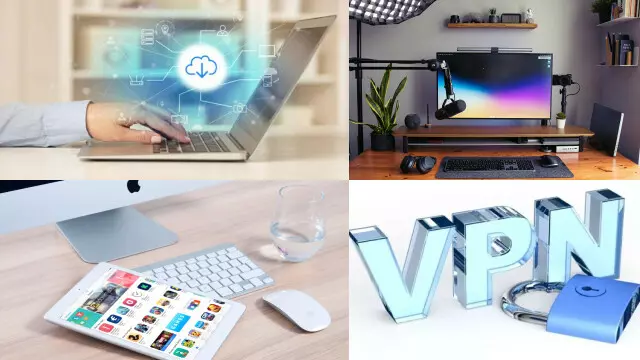
It is important to research the laws of a specific country before using a VPN there, as penalties for violating these laws can range from fines to imprisonment.
Some countries have implemented laws that restrict the use of VPNs for censorship purposes, while others have enacted laws to protect the privacy and security of their citizens’ online activities.
It is important to understand the laws of a specific country before using a VPN there, to avoid potential legal consequences.
How Does the Government Regulate VPNs?
The government regulates VPNs to protect national security and monitor online activities. In some countries, the use of them is restricted or banned altogether.
The extent of government regulation varies from country to country and can change over time. In some cases, VPN providers may be required to keep records of their users’ activities and provide this information to the government upon request.
Additionally, the government may block certain websites or services if they are deemed harmful or inappropriate. However, you can use a VPN to bypass restrictions and access the internet freely. Individuals need to understand the legal restrictions surrounding VPNs in their country before using one.
The Importance of Choosing a Reputable VPN Service
Choosing a reputable VPN service is crucial in ensuring your online privacy and security. It will not only keep your internet activities confidential but also protect your data from hackers and cybercriminals.
Additionally, it will not keep logs of your online activities or sell your personal information to third parties.
How Does the Government Regulate VPNs?
The government regulates VPNs to protect national security and monitor online activities. In some countries, the use of VPNs is restricted or banned altogether. The extent of government regulation varies from country to country and can change over time. In some cases, VPN providers may be required to keep records of their users’ activities and provide this information to the government upon request. Additionally, the government may block certain websites or services if they are deemed harmful or inappropriate. However, VPNs can still be used to bypass these restrictions and access the internet freely. It is important for individuals to understand the legal restrictions surrounding VPNs in their country before using one.
The Importance of Choosing a Reputable VPN Service
Choosing a reputable VPN service is crucial in ensuring your online privacy and security. A reputable VPN will not only keep your internet activities confidential but also protect your data from hackers and cybercriminals. A reputable VPN service will not keep logs of your online activities or sell your personal information to third parties.
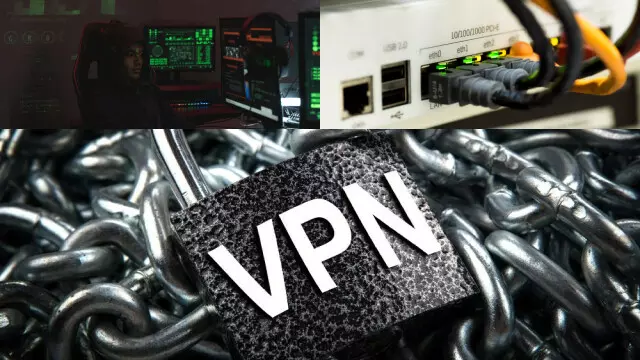
When choosing a VPN service, consider the company’s privacy policy, the location of its servers, and its history of security breaches. Before subscribing to a VPN service, research the company thoroughly and ensure that it is a reputable service with a strong commitment to protecting your online privacy and security.
One highly recommended option is Planet VPN, a reliable and user-friendly service known for its strict no-logs policy and robust security features. Planet VPN offers:
- Global Server Coverage: Servers in multiple countries, allowing you to bypass geo-restrictions and access content from around the world.
- Advanced Encryption: Military-grade encryption to protect your data from hackers and prying eyes.
- No-logs policy: A clear no-logs policy ensures that your online activities remain private and secure.
- Ease of Use: Intuitive apps for various devices, making it accessible even for non-tech-savvy users.
- Free plans and Premium Plans: Flexible pricing options to cater to a wide range of user needs.
By choosing a reputable provider like Planet VPN, you can enjoy a secure, private, and unrestricted internet experience. Always prioritize your online safety and privacy by opting for a VPN service that aligns with your security needs and values.
How to Use a VPN Safely and Legally
Using a VPN safely and legally requires understanding the laws and regulations of your country, as well as the policies of the VPN provider you choose. It is important to research the VPN provider’s logging and data retention policies, as well as the level of encryption they provide. To stay within the bounds of the law, avoid using a VPN to engage in illegal activities such as downloading copyrighted material or hacking into websites. Additionally, be mindful of the countries where the VPN servers are located and ensure that they have privacy laws that align with your values. Overall, choosing a reputable VPN provider and using the service responsibly can help ensure that you use a VPN safely and legally.
Virtual Private Networks (VPNs) play a pivotal role in safeguarding online privacy and security. However, the use of VPNs is not exempt from legal considerations, especially in the context of evolving data protection regulations worldwide. Understanding how VPNs intersect with privacy laws is crucial for users who want to ensure their online activities remain compliant and within the bounds of the law.
- General Data Protection Regulation (GDPR): The GDPR in Europe sets stringent rules for data protection, and VPN providers must adhere to these regulations when handling user data. It requires transparency regarding data collection, usage, and user consent.
- Data Retention Laws: Some countries have data retention laws that require VPN providers to log user activities for a specified period. VPN users should be aware of such requirements.
- Local Regulations: Various countries have their privacy laws, and VPN usage may be subject to local regulations. Users should familiarize themselves with these laws, as they can vary significantly from one region to another.
- No-Logging Policies: To protect user privacy, many reputable VPN providers adhere to strict no-logging policies. These policies ensure that user data is not retained, and the provider cannot disclose information even when compelled by authorities.
- Transparency Reports: Some VPN services issue transparency reports detailing government requests for user data. Reviewing these reports can help users understand how VPN providers handle requests from law enforcement.
- Choosing the Right VPN: Users should opt for VPN providers that prioritize user privacy, comply with data protection laws, and have a clear privacy policy.
- User Responsibility: While VPNs can provide privacy, it is the responsibility of users to avoid engaging in illegal activities while using these services. Unlawful actions can lead to legal consequences, regardless of using a VPN.
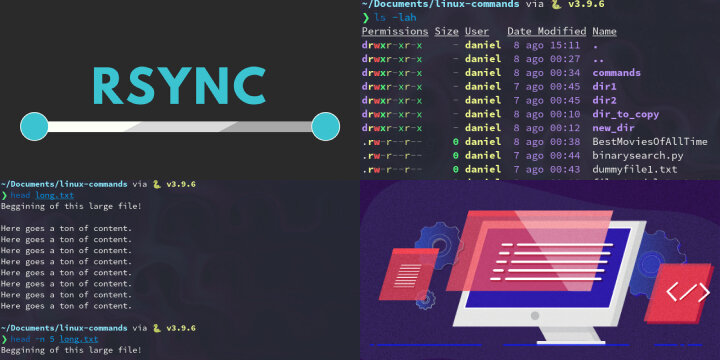
Navigating data protection regulations as they relate to VPN usage is essential for ensuring that your online activities remain lawful and secure. Staying informed about the legal aspects of VPNs and choosing a reputable VPN provider can help users maintain their privacy without falling afoul of the law.
Conclusion: Understanding Your Rights to Using a VPN
In conclusion, understanding the legality of using a VPN is crucial to ensure that your online activities are protected and you stay within the confines of the law. While VPNs offer many benefits, including privacy protection and geo-restriction bypass, it is important to be aware of the different regulations that govern their use in different countries.
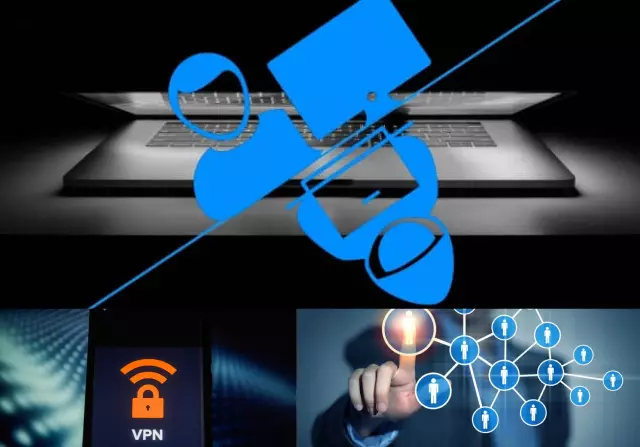
If you are from Russia – we advise you to visit vpnmag.ru. The site has reviews of VPN services, news from the world of cybersecurity and much more. The purpose of the resource is to help users from Russia and other CIS countries to make the Internet safe and free from unwanted restrictions.
Governments regulate VPNs to ensure that they are not being used for illegal activities. To stay safe and legally protected while using a VPN, it is crucial to choose a reputable service that adheres to privacy laws and security protocols. Being informed about your rights to using a VPN will help you make informed decisions about how you use the technology, ensuring that you stay protected and secure online.